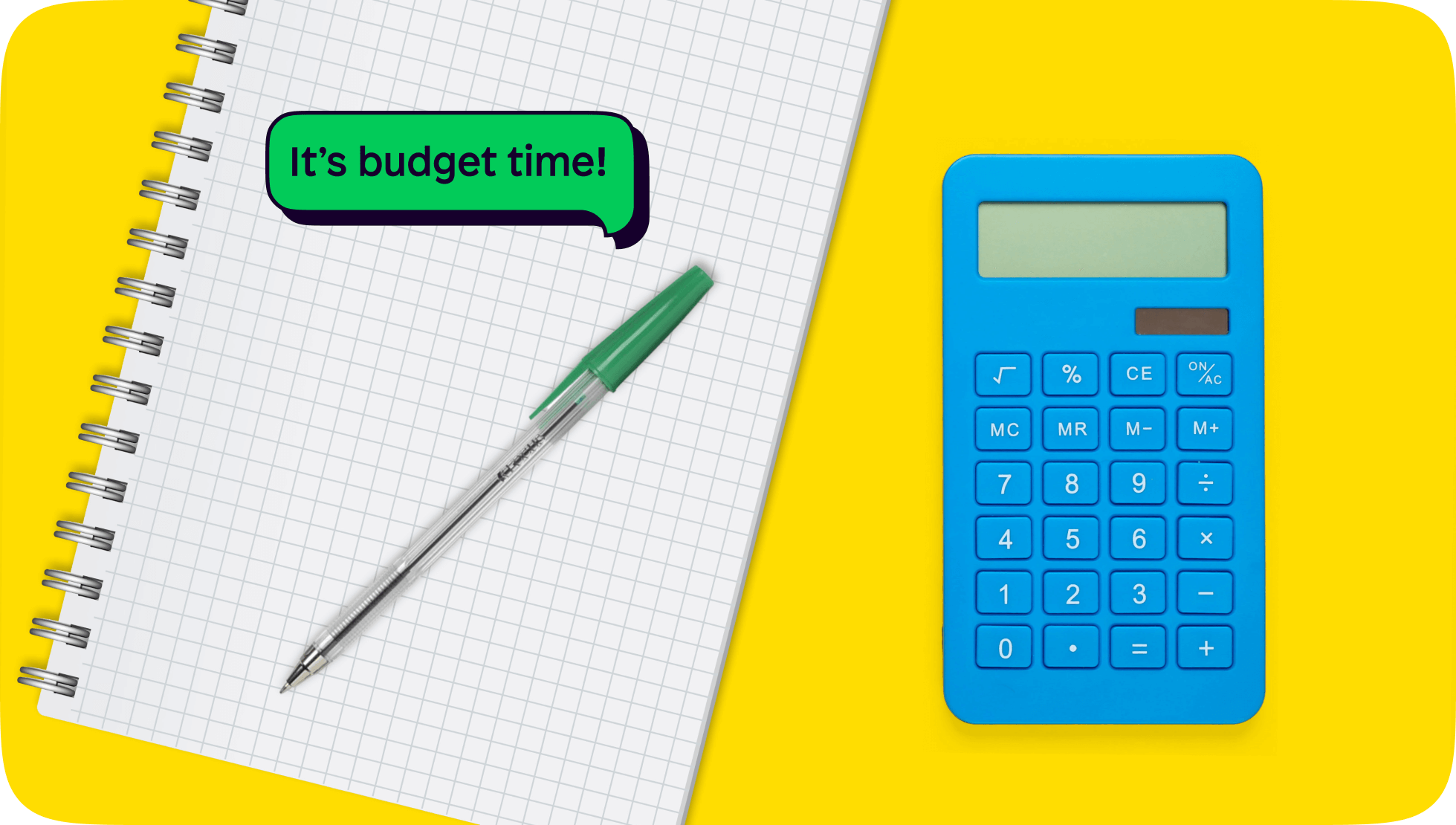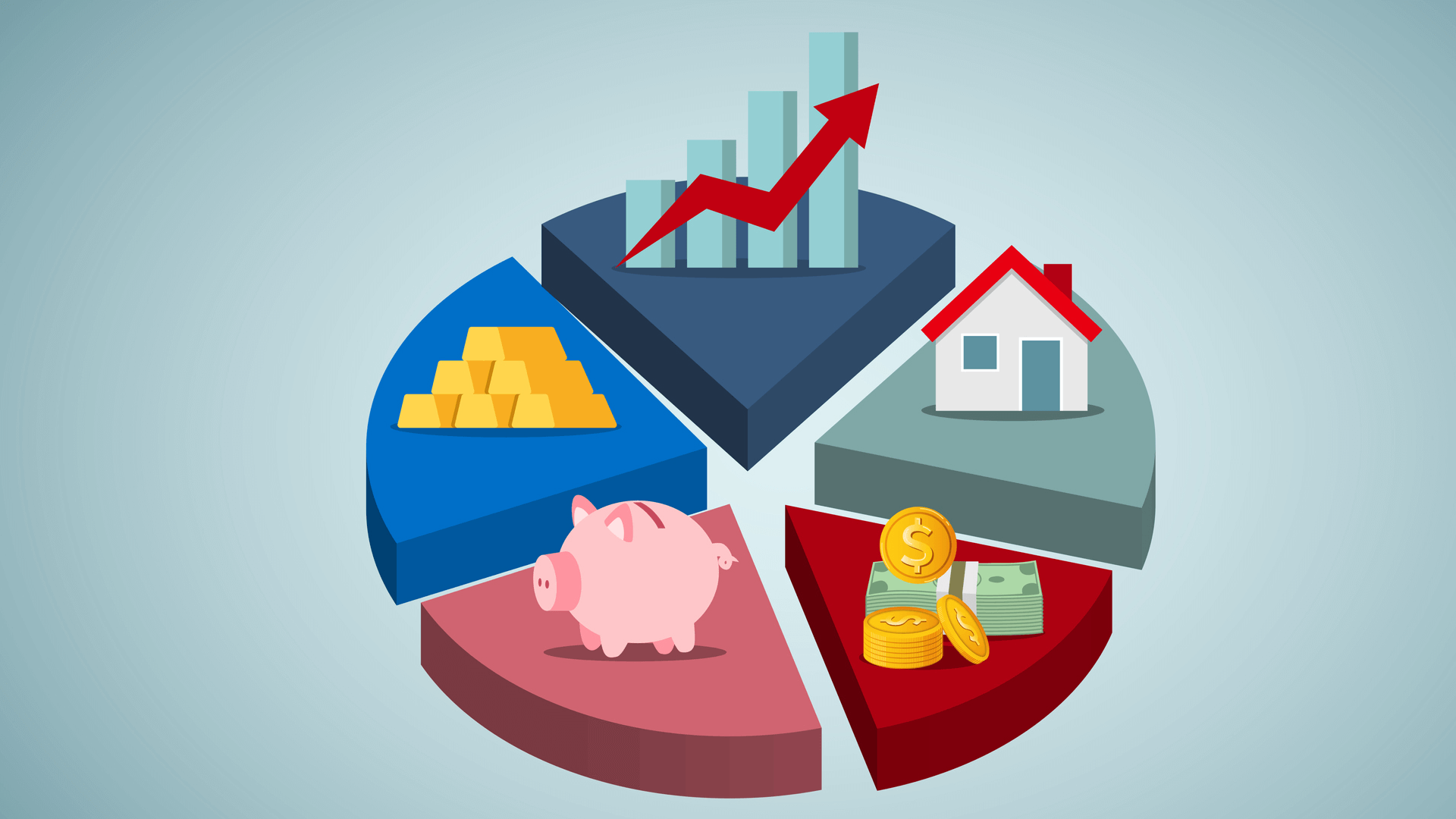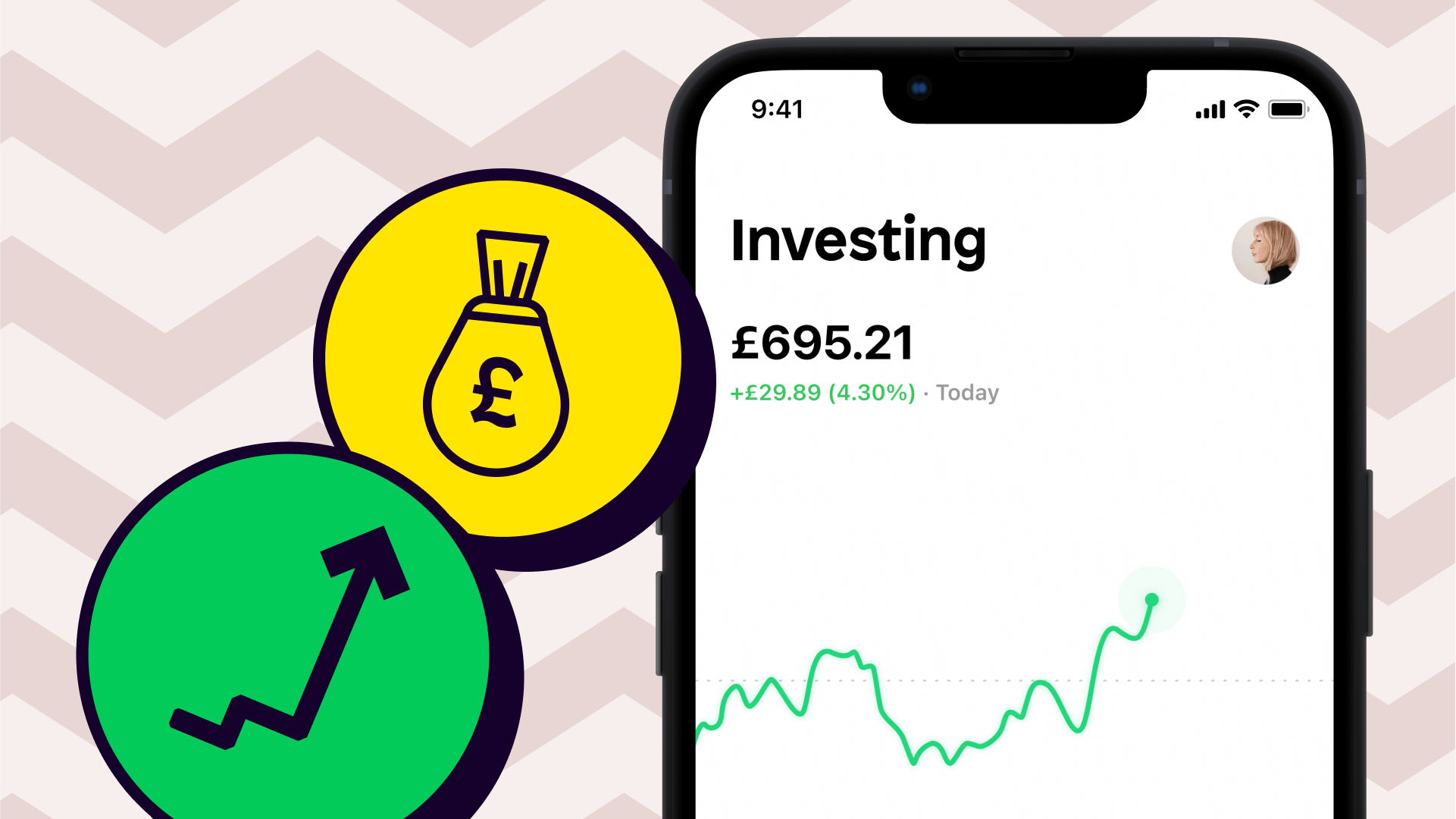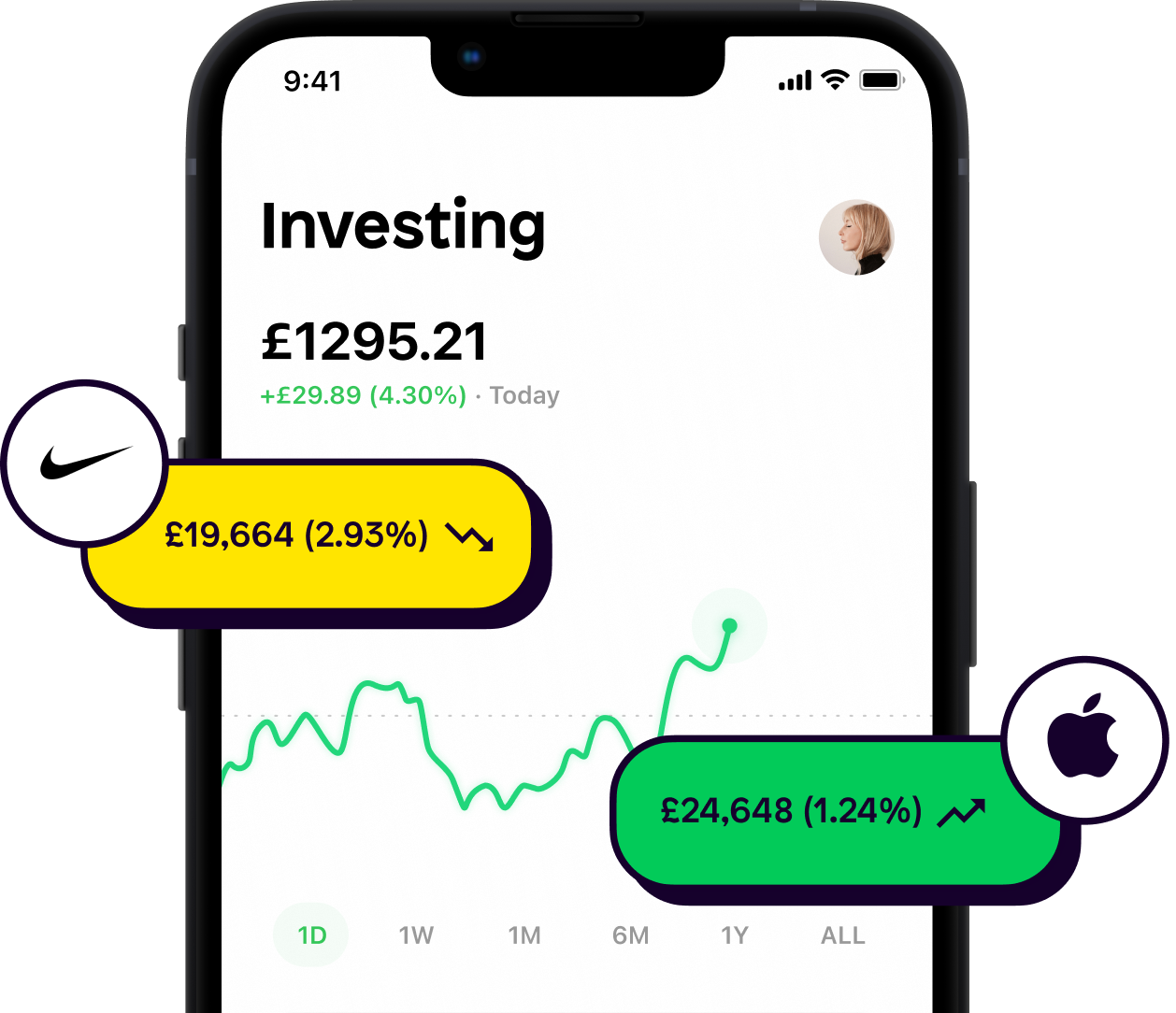Before you start investing, it’s important that all your financial basics are in place. That all your financial ducks are in a row, if you will. To help, we've put together a checklist of questions you may want to ask yourself before investing.
And don't worry, answering whether you have 13 gilets, 7 pairs of chinos and a Rolex watch isn't on the list.

1. Have you paid off any 'bad debt'?
The word debt has pretty negative connotations, but there is both 'good debt' and 'bad debt'.
As NatWest explains, good debt benefits your future and is planned and budgeted for. Bad debt is the opposite - it’s often costly, drains your resources and offers little to no long term value.
Examples of 'bad debt' include:
❌ High interest credit card debt
❌ Payday loans
❌ Borrowing money to pay other debts
Examples of 'good debt'
✅ Mortgage on a property
✅ Student loan
✅ Building your credit via a credit card (and repaying the payments monthly)
Before investing, it’s normally a good idea to pay off your ‘bad’ debt, especially if you’re paying a high interest rate. This is because the interest you’re paying on your debt is likely to be more than any earnings you’ll make investing.
If you have some ‘bad’ debt but the interest rate isn’t too high and your payments are manageable, you could still consider investing while continuing to pay off what you owe.
2. Are you contributing to a pension?
A pension is like a long term savings plan, which becomes accessible when you retire. It also has tax benefits, meaning money that would have gone to the government goes to you instead. Lovely jubbly.

Not many people are aware that by having a pension they are actually investing. Your pension is invested into the stock market, but cautiously to reduce risk. This is so that it can act as a form of income come retirement.
Usually, less risk results in less gain. But due to the tax benefits pensions have, you’re able to invest up to £40,000 each year (for the tax year 2022/2023) which serves as a strong incentive to contribute as much as possible. Just remember, tax laws change and they’ll be based on individual circumstances. Keep up-to-date with the latest laws on the Government workplace pension page.
A pension should be treated as a long term investment as accessing it before 55 will result in paying large fees, which will cut into your saved income.
If you’re employed, your employer must offer a workplace pension by law, and so it is one of the most common and preferred methods of receiving income in retirement. If you’re not employed, fear not. You’re able to set up your own private pension (visit the Government private pension page for more information on how to do this).
Although employers must offer employees a pension plan, we still recommend researching how much you should contribute to ensure you’re financially stable come retirement. Read our guide on how to use a pension calculator here.
For these reasons, it’s important to contribute to a pension plan on a regular basis before you start investing. Trust me, future you will thank yourself for paying into your pension.
What is a general investment account?
You may hear a pension account refeed to as a General Investment Account (GIA). This type of account allows you to hold investments outside of the regular tax implications.
They differ from ISAs are there's no limit to how much you can invest in a GIA.
3. Do you have money saved for emergencies?
Life doesn’t always go to plan. A car breakdown here, a vet bill there, or God forbid a broken boiler - emergencies can and do happen.
Having an emergency fund saved in an easy-access savings account will get you through these unexpected, yet costly moments in life.
Typically, it's recommended to have a cash buffer of 3 to 6 months’ worth of expenses. To find out what your buffer should be, simply calculate your monthly outgoings (rent, mortgage, bills, food, travel etc.) and multiply it by 3-6.
If you already have a chunk of money saved but want to save more, you could consider starting to invest alongside continuing to save for your emergency fund. You don’t have to start with a large lump sum, dollar-cost averaging is a way of ‘entering the market’ with smaller sums of money.
If you’re the main breadwinner in your household, have a mortgage or people relying on you financially then you may also want to look into income protection insurance or life insurance that will pay out in this sort of situation.
✏️ Scoop tip - keeping your emergency fund in a separate savings account is always wise. Digital banking has meant we can move money with our fingertips, but in this case, opening an account where you don’t have digital banking set up might be a good thing. It'll help stop the temptation to dip into it when you fancy a late night Nandos!

4. Do you have a steady income?
Investing is a long term game. Whilst it's widely accepted that the stock market has returned 10% on average since its inception, that doesn't show the full picture.
In some years, the stock market has returned negative results, and if you're committed to the long term, it's important that you can ride out these times. With that said, there’s no guarantee the market will respond positively, but that’s the risk you take with investing.
If your income is inconsistent or seasonal, keep in mind you may need more cash later down the line. When creating your budget (spoiler alert, that's up next) it can help to decide how much you want to invest in terms of a percentage, instead of a monetary amount. This means how much you invest will always be relative to how much you’re taking home that month, which especially helps if dollar-cost averaging into the market.

5. Have you created a budget?

Having a budget of your incomings and outgoings is personal finance 101. It's useful, and I don't care what anyone says – it is fun to do!
Before investing, take a look at your disposable income (income you have left over once all your essentials like food, rent, mortgages etc are paid for). Then, consider two things:
🤔 Can I afford to invest?
🤔 If so, how much should I be investing?
The last thing you want to do is leave yourself high and dry. Investing is about trying to create a healthier financial situation for yourself, not adding more stress by counting down the days to payday.
Answered all the questions with flying colours? 🌈 If not, don’t worry – you might just need a bit more time!
Download the Shares app and join one of our communities! As with all investing, your capital is at risk.
Make sure to follow us on our socials 👇
As with all investing, your capital is at risk.
Shares is a trading name of Shares App Ltd. Shares App Ltd is an appointed representative of RiskSave Technologies Ltd, which is authorised and regulated by the Financial Conduct Authority.












